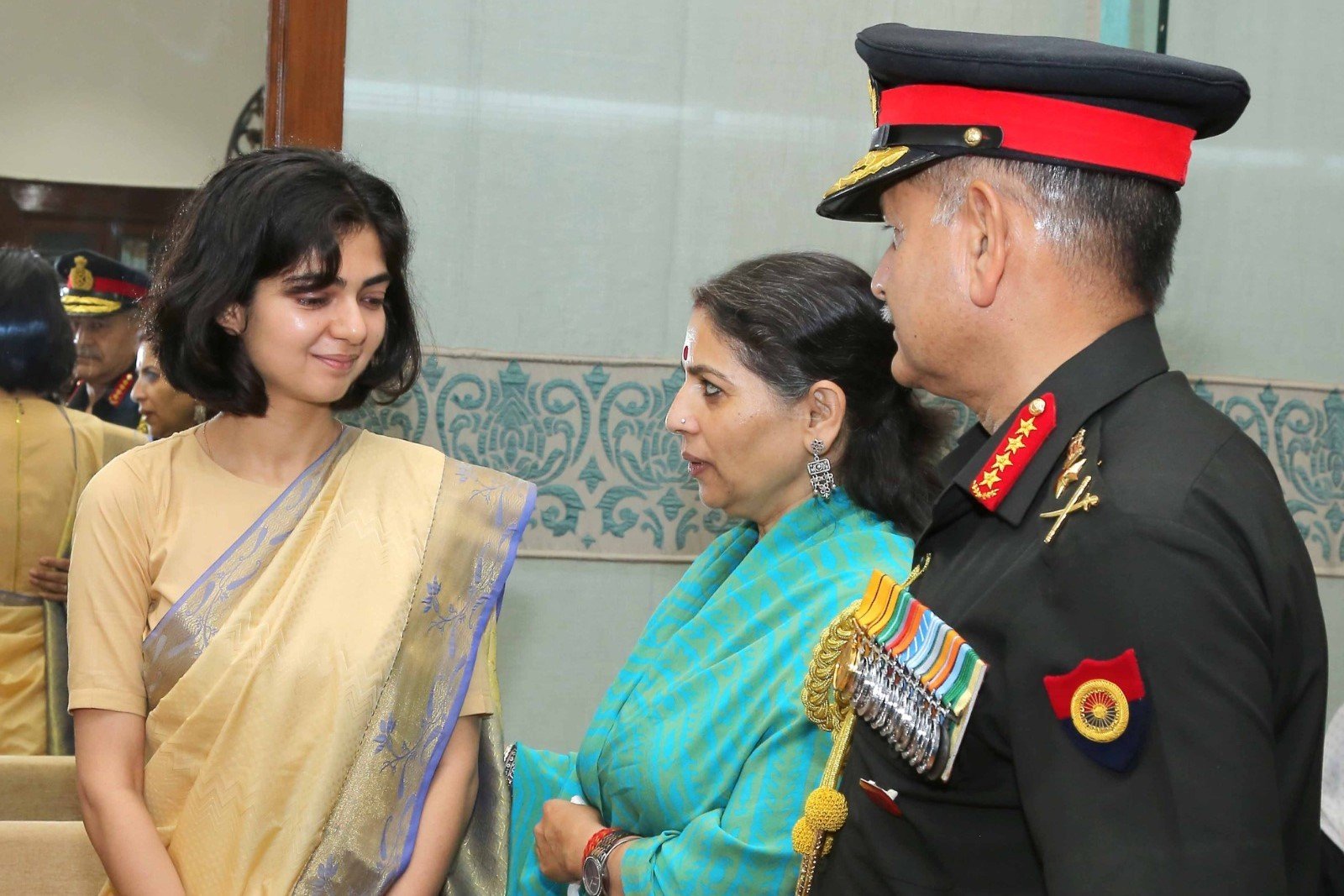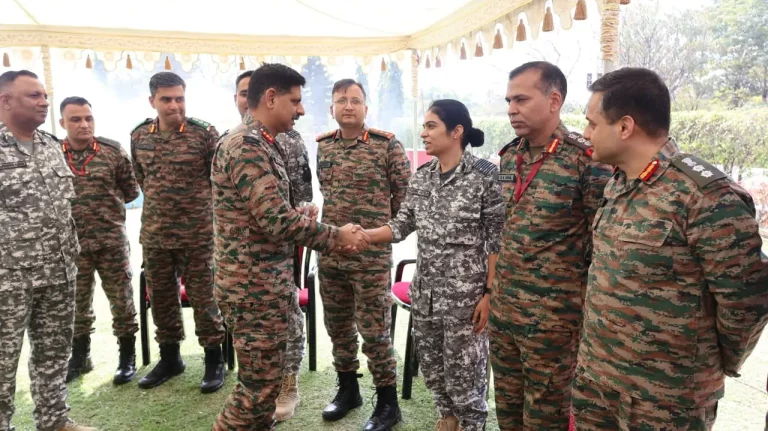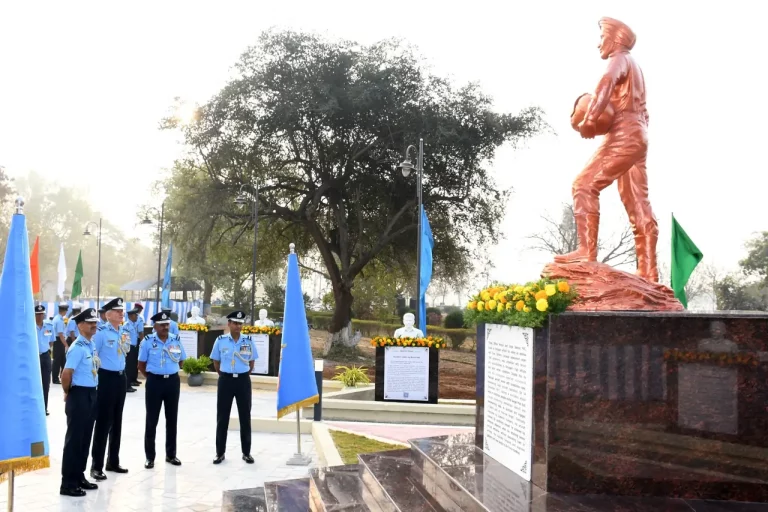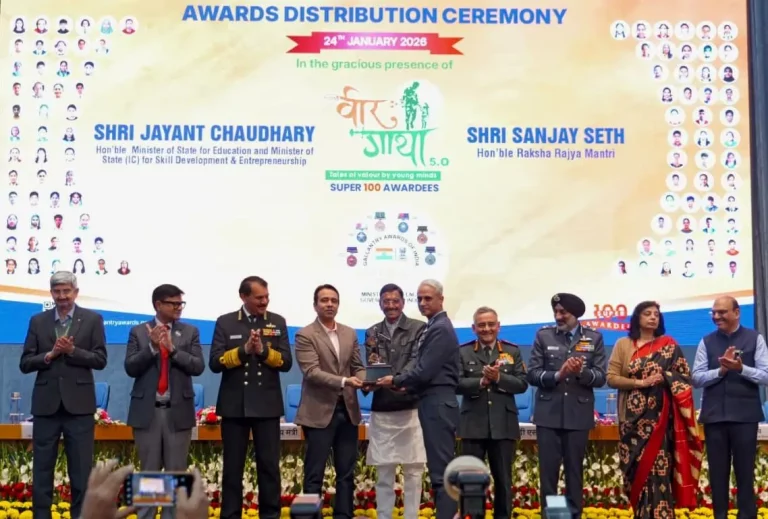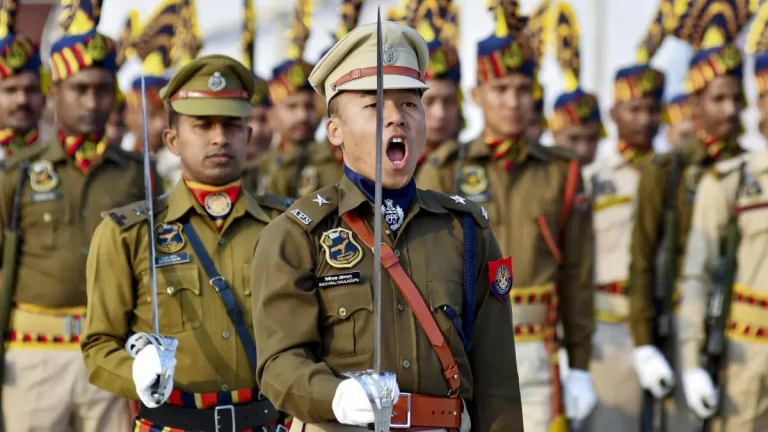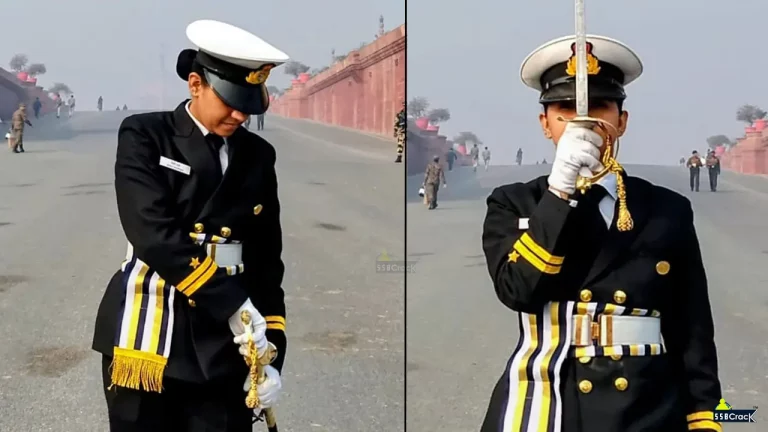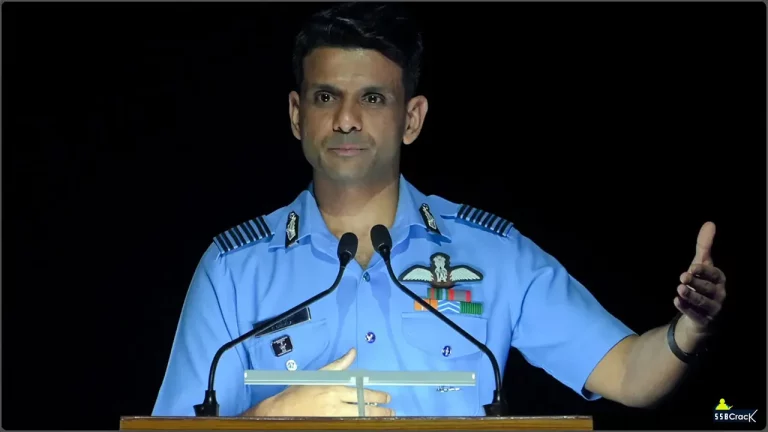In a notable shift towards greater inclusivity, the Indian Army’s welfare organization AWWA has officially rebranded as the Army Women’s Welfare Association. The change from its previous identity, the Army Wives Welfare Association, represents a meaningful expansion of the organization’s mission and outreach efforts.
Established in 1966 and registered with the Registrar of Societies in Delhi, AWWA has historically been recognized as the “invisible hand that shapes the punch of the Indian Army.” The name change, which took effect on April 2, is a reflection of the evolving needs and dynamics of Army families. The updated identity seeks to embrace a wider demographic, moving beyond just the wives of active personnel.
A senior source from the Army clarified the thinking behind the change, stating that AWWA was previously viewed primarily as a platform for the wives and daughters of serving Army members. With the new title, the organization now includes spouses and dependents of both currently serving and retired personnel, alongside veterans and veer naaris (war widows). This expansion allows the association to also support unmarried or divorced daughters, as well as mothers of serving or retired personnel, including those who were martyred in action.
The rebranding initiative has already been implemented across various social media channels, such as Twitter and Instagram, signaling a commitment to modernize its image and appeal to a broader audience.
On its official website, AWWA emphasizes that supporting the welfare of troops is a fundamental priority for the Indian Army. It notes, “A soldier performs best knowing his family is supported.” The mission of AWWA is to complement the Army’s welfare initiatives, focusing on the families, children, and widows of all ranks, including those who have retired.
Recently, AWWA President Sunita Dwivedi, who is the wife of Chief of Army Staff General Upendra Dwivedi, met with President Droupadi Murmu along with regional AWWA presidents. During this meeting, they discussed various initiatives aimed at assisting veer naaris, widows, veterans, and children with special needs. Plans to broaden outreach to women in remote and underserved areas were also considered, as regional heads introduced new projects aimed at promoting skill development, women’s empowerment, and education.
This move by AWWA aligns with a broader trend within the Indian Armed Forces towards more inclusive and gender-sensitive welfare structures. A similar rebranding occurred with the Navy’s welfare body in 2022, when the Navy Wives Welfare Association transitioned to the Navy Welfare and Wellness Association, highlighting a commitment to adapting welfare frameworks to better serve all members of military families.
